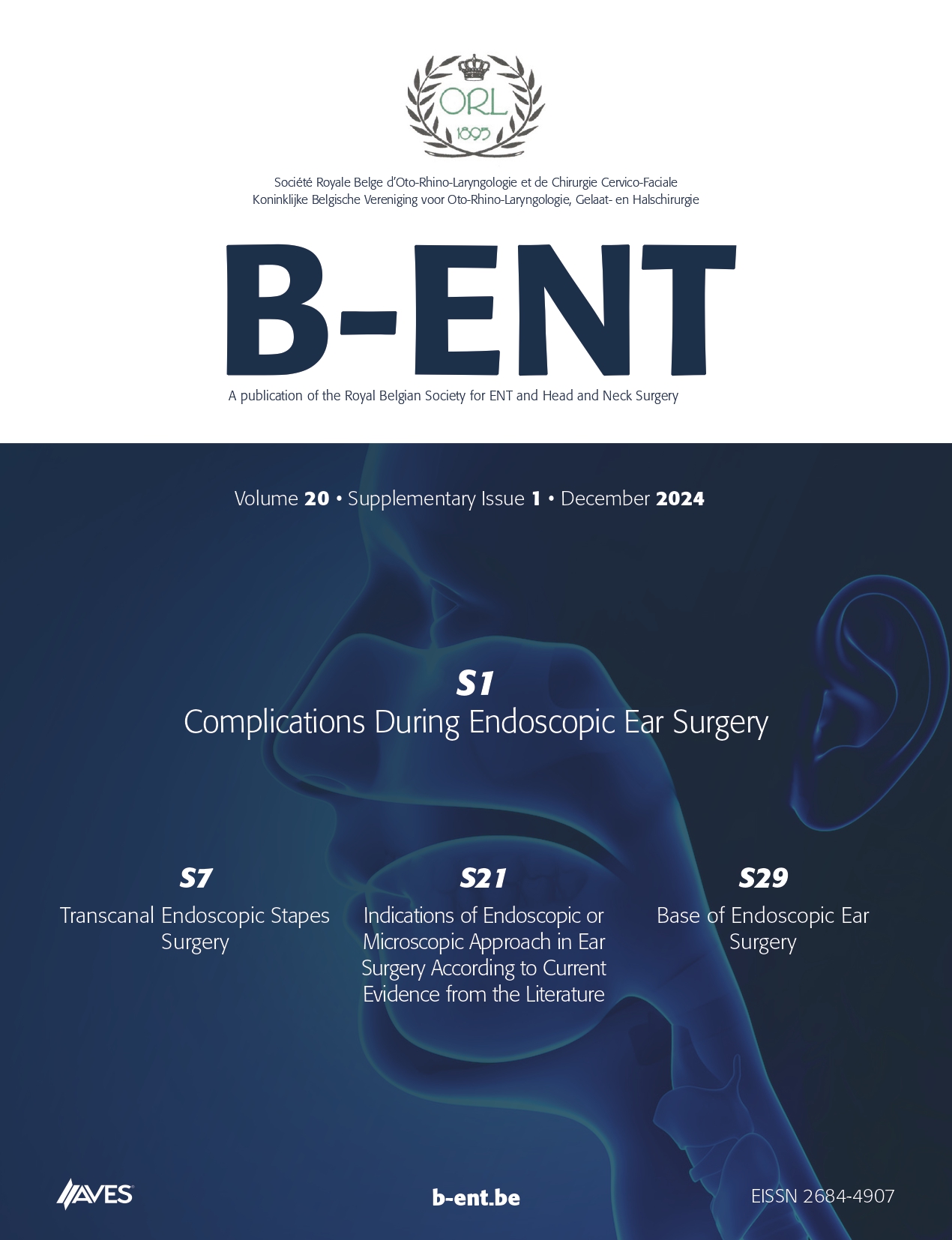Rupatadine relieves allergic rhinitis: a prospective observational study. Background: Allergic rhinitis has reached epidemic levels for years in Belgium and substantially impacts the quality of life of patients. Observational, non-interventional studies can provide valuable data, supplementing findings from double-blind trials, on the true value of a drug therapy in daily practice. Rupatadine is a new, second-generation, selective oral H1-antihistamine. The primary objective of this study was to evaluate the evolution of quality of life in patients treated with rupatadine in clinical practice. The impact of rupatadine on the severity of allergic rhinitis symptoms, the subject’s evaluation of the treatment, and the safety of rupatadine were also evaluated.
Methods: This prospective, non-interventional, observational, multicenter study included 2,838 adults aged over 18 years. The diagnosis of moderate to severe allergic rhinitis was confirmed. Patients were assessed with validated scales at baseline and after 6 weeks of treatment with rupatadine (10 mg, once daily).
Results: All outcome parameters improved significantly: mini-rhinoconjunctivitis quality of life questionnaire (miniRQLQ, p<0.001), total 5-symptom score (T5SS) severity (p<0.001), visual analog scale (VAS) of symptom severity (p<0.001), and the allergic rhinitis and its impact on asthma (ARIA) severity classification (p<0.001). Compliance was very good in 72.2% of patients, and only a few minor adverse effects were reported. The therapeutic responses, evaluated by the patients, were complete relief in 21% and strong relief in 62%.
Conclusion: This study, which included a wide cohort of allergic-rhinitis patients, confirmed the clinical benefit of rupatadine when prescribed in clinical practice, even for the most severe symptoms, including nasal congestion.



.png)
